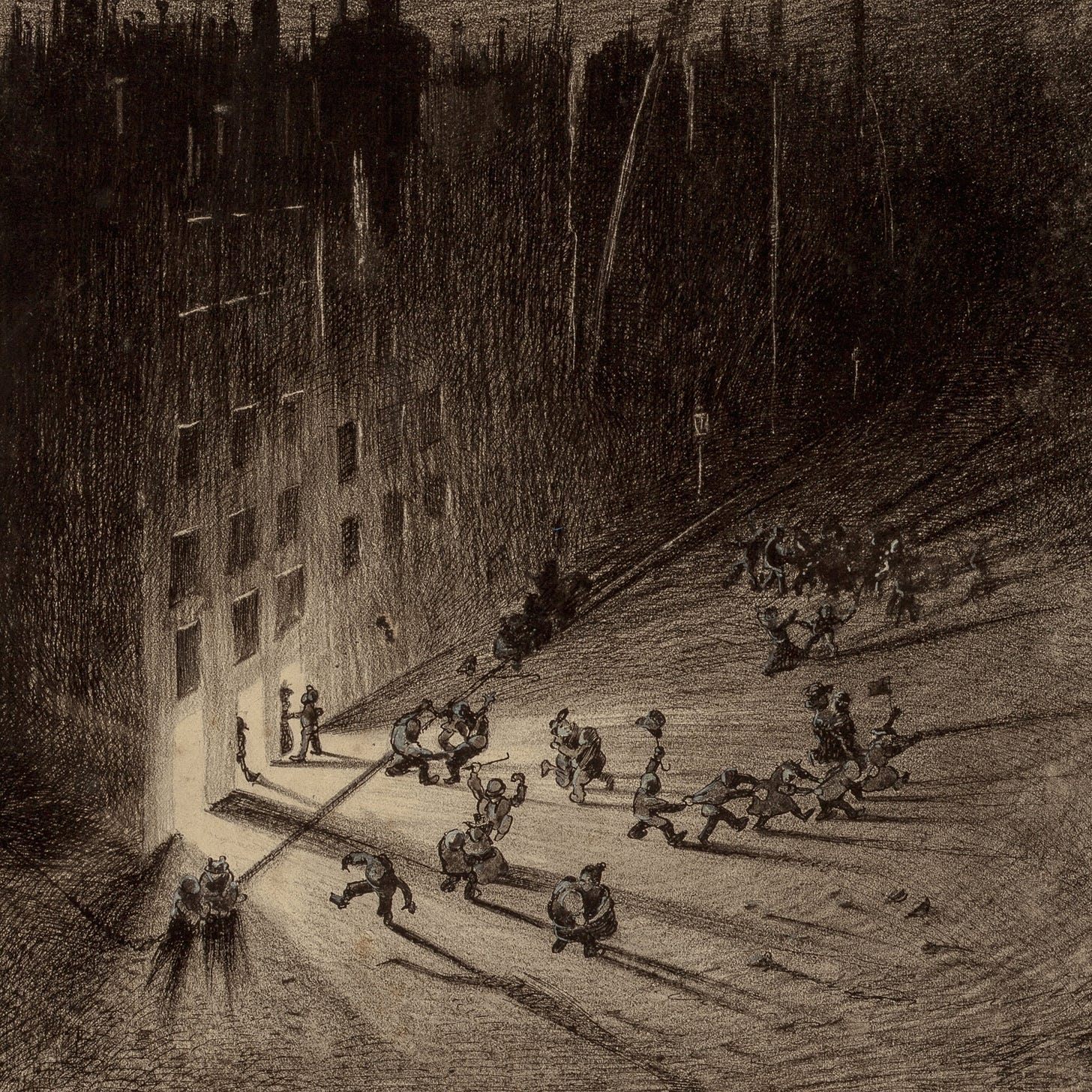For the People to Exist, You Must Believe in Them
"The people" are a fiction. That doesn't mean they aren't real.
I believe in something called “democratic minimalism,” which I outline in greater detail in my recent book. In brief, democratic minimalism is about reconceptualizing democracy as a system and means of governing and rotating power with no prejudice to substantive ideological outcomes. In other words, if democracy produces liberal outcomes, great. If it …




